HIPPA (Health Insurance Portability and Accountability Act) plays an important role in the healthcare industry. But do you know if it applies to your business? How about the steps you need to take to ensure your data is secure and compliant with HIPAA?
The consequences of breaching the regulations of HIPAA can be steep, so this is something you won’t want to get wrong. In this blog, we’ll walk you through the ins and outs of HIPAA, and also provide a HIPAA compliance checklist to help you make sure all your data is kept secure and compliant.
What Is HIPAA and HIPAA Compliance?
HIPAA is a federal law that sets standards for the protection of sensitive patient health information. It applies to those who handle Protected Health Information (PHI) and refers to any type of uniquely identifiable patient data. This includes name, address, social security number, medical records, and more.
Any business or organization that handles this type of sensitive information must meet HIPAA’s compliance requirements. This includes having physical, administrative, and technical safeguards in place to protect the PHI from unauthorized access, use, or disclosure.
Who Is Required To Be HIPAA Compliant?
As mentioned above, any business or organization that handles PHI is subject to HIPAA. This includes, but isn’t limited to:
- Healthcare providers, including doctors, nurses, and hospitals
- Health insurance companies
- Medical record custodians
- Third-party service providers who handle PHI on behalf of a covered entity
- Employers that sponsor self-funded health plans
- Research organizations conducting clinical trials
These organizations must take all necessary steps to ensure their data is kept secure and compliant with HIPAA regulations.
The HIPAA Compliance Checklist
Follow our guide to make sure you have all the necessary safeguards in place to protect your data and meet HIPAA’s compliance regulations.
Understand HIPAA’s Rules
The first step is to familiarize yourself with all the rules and regulations outlined by HIPAA. This includes the Security Rule, Privacy Rule, and Breach Notification Rule.
Find Out Which Rules Apply to Your Business
You need to determine which HIPAA rules apply to your business. This depends on the nature of your work, and what type of PHI you handle.
Protect the Right Types of Patient Data
Some types of PHI require extra protection, and it’s important to understand which ones these are. This includes social security numbers, medical records, financial information, and more.
Perform a Risk Analysis
It’s important to be aware of the risks associated with handling PHI. You need to perform a risk analysis and determine which security safeguards are necessary to protect your data from unauthorized access, use, or disclosure.
Develop Policies and Implement Safeguards
Once you have determined the necessary security safeguards, it’s time to develop and implement policies to protect your data. This includes assigning access privileges, creating a security policy, and implementing encryption technology.
Prevent Potential HIPAA Violations
You’ll need to make sure you have addressed any potential HIPAA violations. This means regularly reviewing security policies and evaluating your safeguards. And if there are any gaps in your security protocols, these must be filled immediately.
Stay Updated on HIPAA Changes
HIPAA regulations are constantly changing, so it’s important to stay up-to-date on any new updates or changes. This includes attending training and seminars.
Document Everything
It’s important to document all your compliance efforts, including the risk analysis and security measures you have implemented. This will help demonstrate to regulators that you are complying with HIPAA regulations.
Report Security Incidents Immediately
If there is any unauthorized access to PHI, you must report it immediately. This includes any suspected security breaches or data thefts.
Educate Employees
Finally, it’s essential to educate your employees on security protocols and how to handle data correctly. This will help ensure they are compliant with regulations.
Following the steps outlined in this HIPAA compliance checklist will help ensure that your business is following all necessary regulations and keeping patient data secure.
Make HIPAA Compliance Easy With TrinWare
At TrinWare, we offer comprehensive solutions for businesses of all sizes so you can easily manage your compliance efforts and protect your patient data. We specialize in providing security tools to ensure your business is compliant with all relevant regulations.
Set up a consultation with us today to learn more about our services and how we can help with your HIPAA compliance needs!




